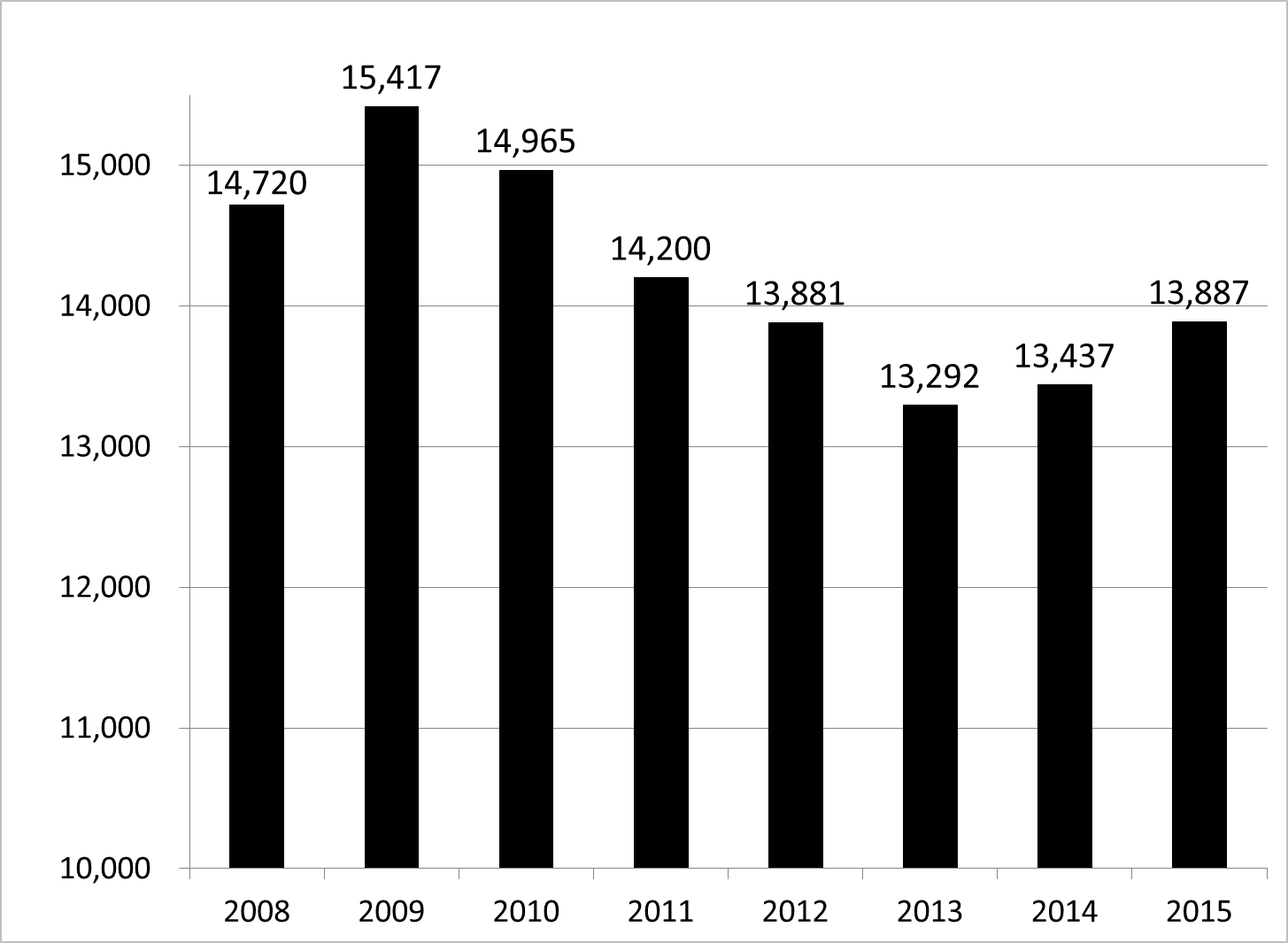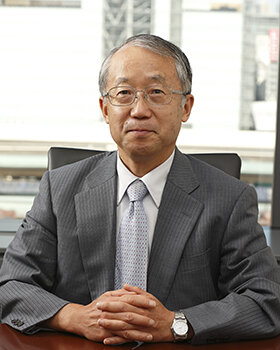Column Finance and the Social Security System 2018.02.05
【Aging, safety net and fiscal crisis in Japan】No.26: Comparison of drug addiction between Japan and the United States
On January 25, 2018, the Nihon Keizai Shimbun, Japan's leading economic newspaper, featured a one-page article on the "Opioid Crisis" occurring in the U.S. Opioid is an analgesic for medical use; the increase in addicted patients is shaking U.S. society. As a result, President Donald Trump issued a message to the American people in October 2017 entitled, "Taking Action on Drug Addiction and the Opioid Crisis"; however, there have yet to be any effective measures taken. In 2015, 52,404 people in the U.S. died from drug overdoses, of which 35,091 overdoses were from opioids. A 2016 survey resulted in 11.5 million Americans who had experienced an overdose of opioids at some time in the past.
In 1990, I published a book entitled, "Healthcare Economics in the United States: a superpower shaking in medical expenses, drugs, AIDS", in which I explained the impact of drug addiction on society and the economy of the U.S. I wrote the book because drug addiction countermeasures were ranked #1 among the "issues to be addressed by the federal government" in the national consciousness survey conducted during the period leading up to the 1988 presidential election. At that time, the Department of Commerce estimated that there could be $110 billion worth of smuggled drugs not being reflected in trade statistics. "Crack," a processed product of cocaine, was the illegal drug that President George H W Bush was confronting. However, the current situation is more serious, as President Trump is faced with the crisis of analgesic drugs prescribed by medical institutions. Moreover, the damage to Caucasians, who make up most of President Trump's support base, is greater because those with health insurance are more likely to be prescribed opioids from physicians than minorities who do not have health insurance.
In contrast, the opioid crisis has not occurred in Japan. According to the Ministry of Health, Labor and Welfare, there are approximately 100,000 drug addicts in Japan. The number of deaths caused by poisoning, including accidents due to harmful substances, was only 565 people in 2016. As shown in Figure 1, the number of persons arrested for drug crimes has also declined from 2008 to 2015.

(Source)Ministry of Health, Labor and Welfare
